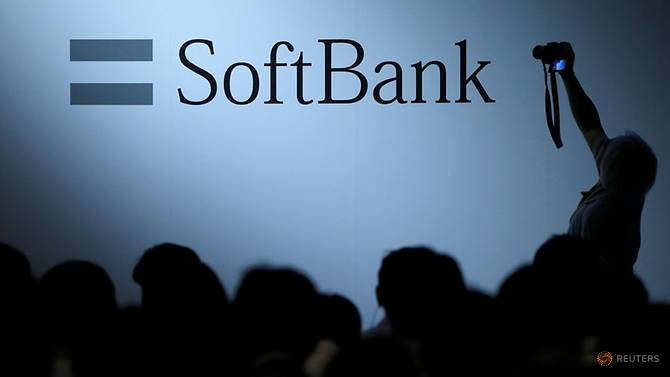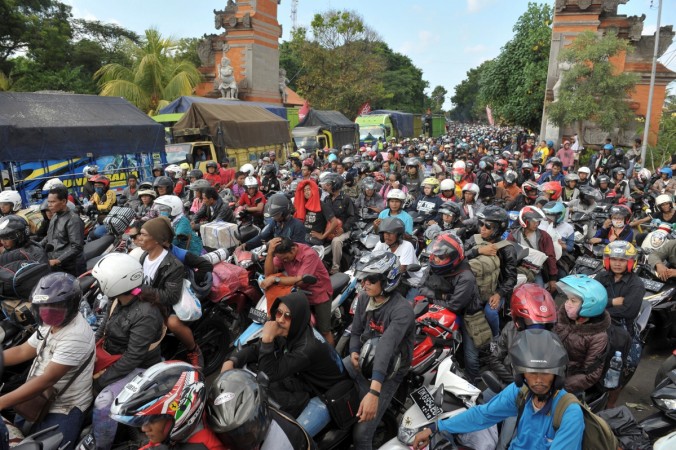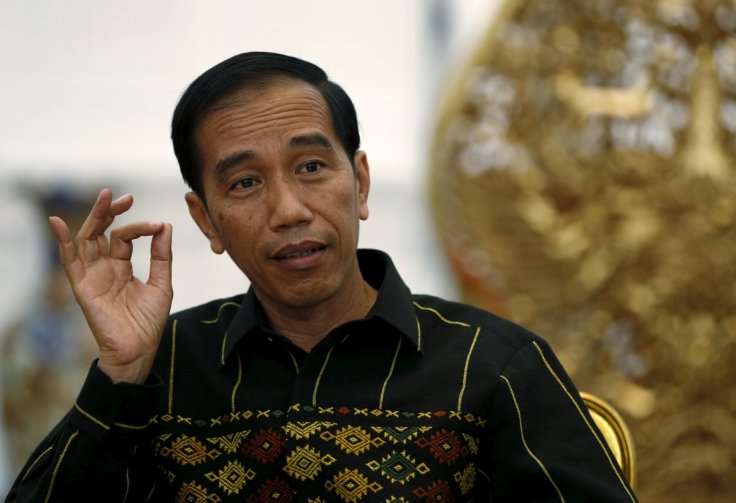SoftBank Group Corp will invest a whopping $40 billion in the new capital Indonesia is constructing in East Kalimantan. SoftBank Chief Executive Officer Masayoshi Son had met Indonesian President Joko Widido last week in Jakarta. The announcement was made by a senior Indonesian minister, Bloomberg reported.
Son is one of the three high-profile people named to a committee that will oversee the development of the new capital and advise the president in the process. Apart from the billionaire Japanese investor, others in the committee are former British Prime Minister Tony Blair and the United Arab Emirates Crown Prince Mohammed bin Zayed. Indonesia is set to start the construction of the capital this year.

Widodo said in August the capital will be relocated to Borneo island from the overpopulated and polluted Jakarta. "It is a strategic location at the center of Indonesia, close to a growing urban area," Widodo said at that time. The new smart capital will be built at a cost of $33 billion (€29.7 billion) and the project is expected to be completed in 2024. The construction of the new capital will be funded by the state, public-private partnerships and private investment.
Bloomberg noted in its story that the proposed investment from the Japanese investor is bigger than the size of the entire project - $34 billion -- announced earlier by Jokowi. Nearly 20 percent of that amount was to have been raised from the government's own funds. Softbank has not confirmed the size of the investment in the Indonesian capital city project as yet. The Japanese investor is known to funnel huge sums into single projects.
Whatever the exact size of the Softbank investment, the Japanese billionaire's role will help make the Indonesian capital project more viable. The predecessors of Jokowi had tried to relocate the capital at various points but none of them could succeed. The first time the capital relocation plan came up was when the first president, Sukarno, wanted to move the capital from Jakarta. However, the plan did not come through in the post-independence era when Indonesia was struggling to put together a new nation.
Later on, President Suharto also mooted the capital relocation. Most recently Susilo Bambang Yudhoyono, Widodo's predecessor, attempted capital relocation but failed to implement it for want of funds.
Why does Indonesia need a new capital?

Jakarta is creaking under a population load and id chronically hit by traffic snarls, pestering pollution and worse, the prospect of sinking in the near future. Jakarta, which has a population of 10 million, is also one of the world's most polluted cities. A water crisis is another problem that has been affecting the Indonesian capital. Only 60 percent of the city residents have access to piped water, a factor that pushes people to dig wells for groundwater. The over-extraction of groundwater makes the city prone to floods and sinking due to subsidence.
Where is the new capital coming up?

The proposed site for the new capital in the East Kalimantan province sits between Samarinda City and the port city of Balikpapan. Indonesian authorities have identified 632,500 acres of land on Borneo island, which is about four times the size of Jakarta. The vast swath of land is mostly owned by the government, and therefore delays owing to costly land acquisition procedures are not expected to hit the new capital development. Nikkei also points out that natural disasters like earthquakes, floods and volcanic eruptions are less common in that area.









